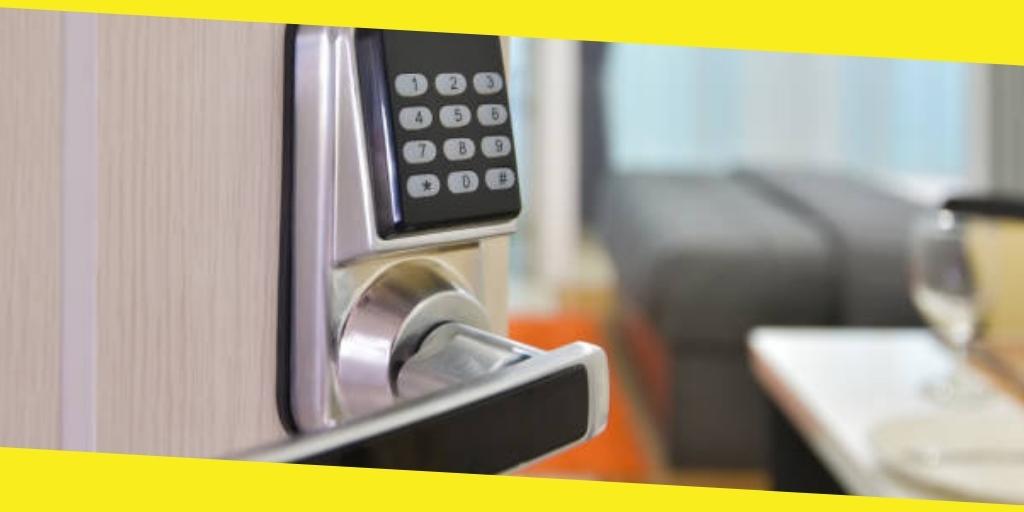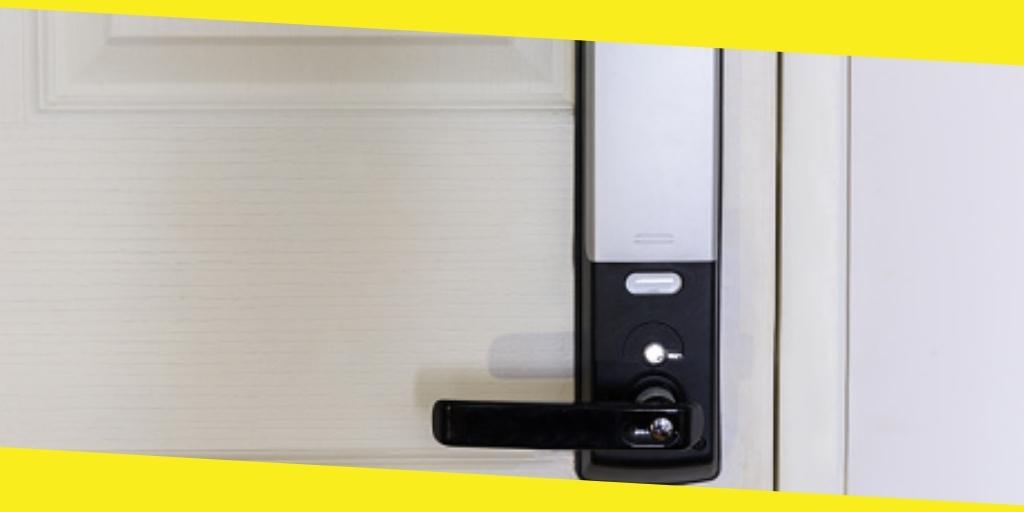Factors To Consider When Buying a Digital Lock
This post was last updated on January 30th, 2024
When it comes to security, a digital lock is hard to beat. They’re both secure and convenient, making them the perfect choice for home or office security.
But with so many different digital locks on the market, how do you choose the right one for you? The ongoing digital lock promotion is a great opportunity to purchase a digital lock without breaking the bank. There are many benefits to having a digital lock installed at your home or office, so it’s best to weigh all of the pros and cons before making this big purchase.

Here are 7 factors that you may want to consider in your digital lock buying decision:
Contents
Toggle1. Try Before You Buy
To help ensure that you’re getting exactly what you want in a digital lock, we highly recommend trying it out prior to purchase. Many suppliers offer models that you can take home and try out for 2 weeks—and even some that allow you to take their digital locks with you on an extended vacation.
Take advantage of all the different types of sampling methods to ensure that your digital lock fits your needs. In fact, most suppliers will provide a number of different samples so you can really feel the difference between them before making your final choice.
2. Consider How It Will Be Installed
Many digital locks are designed to be easily installed on either new or existing doors. If you have an existing door, however, you’ll first want to check to see if it is pre-drilled for a digital lock. If it’s not, you may need to hire a professional to install your lock for you.
3. Know Your Deadbolt Types
There are three main types of deadbolts: single cylinder, double cylinder, and keyless. Single-cylinder deadbolts are commonly found on residential doors and require a key to unlock both the knob and deadbolt, while double cylinder deadbolts (also called thumb turn locks) allow you to lock or unlock either with a key or by turning the handle. A keyless digital lock requires a code to open and is typically used for commercial properties where you need controlled access.
4. Decide How Many Codes You’ll Need
Some digital locks allow you to enter up to 25 unique codes, while others go as high as 100 unique codes. The more codes you have, the better your chances are that someone will not discover your code and gain unauthorized access to your property. Also, consider how frequently you’ll change your codes. The longer you use the same code, the higher likelihood that someone will eventually discover it and gain access to your property.
5. Decide on Your Digital Lock’s Key Options
When choosing a digital lock for home or office security, you can choose between key control (also called key override), which allows you to use your key in case of an emergency or power outage, or keyless security, which blocks the inside knob so that it cannot be accessed. Digital locks with both options are available for convenience and increased security.

6. Determine How Many Users You’ll Need
To ensure your digital lock is truly secure, choose a model that allows for multiple users. This way, you can rest assured that if someone accidentally leaves their code at the office, no one else will be able to access the property. Many digital locks allow for up to 100 unique users, so there’s sure to be a model that meets your needs.
7. Compare Price and Features
When shopping around for digital locks, it’s important to compare features as well as prices. Take the time to research which lock has the best warranty and customer service. The better warranties offer lifetime replacement on parts and free service calls if you ever need them.
Digital locks are growing in popularity across commercial and residential properties around the world because of their ease of use, convenience, security features, and low maintenance costs. If you’re in the market for a new digital lock, keep these 7 factors in mind to help you make an informed choice.
Recommended For You
Best Clothes to Wear While Doing Whole Body Vibration Training
Most Inside
Most Inside offers high-quality recommendations and valuable updates to enhance all aspects of your life, providing premium guidance and enriching experiences.




